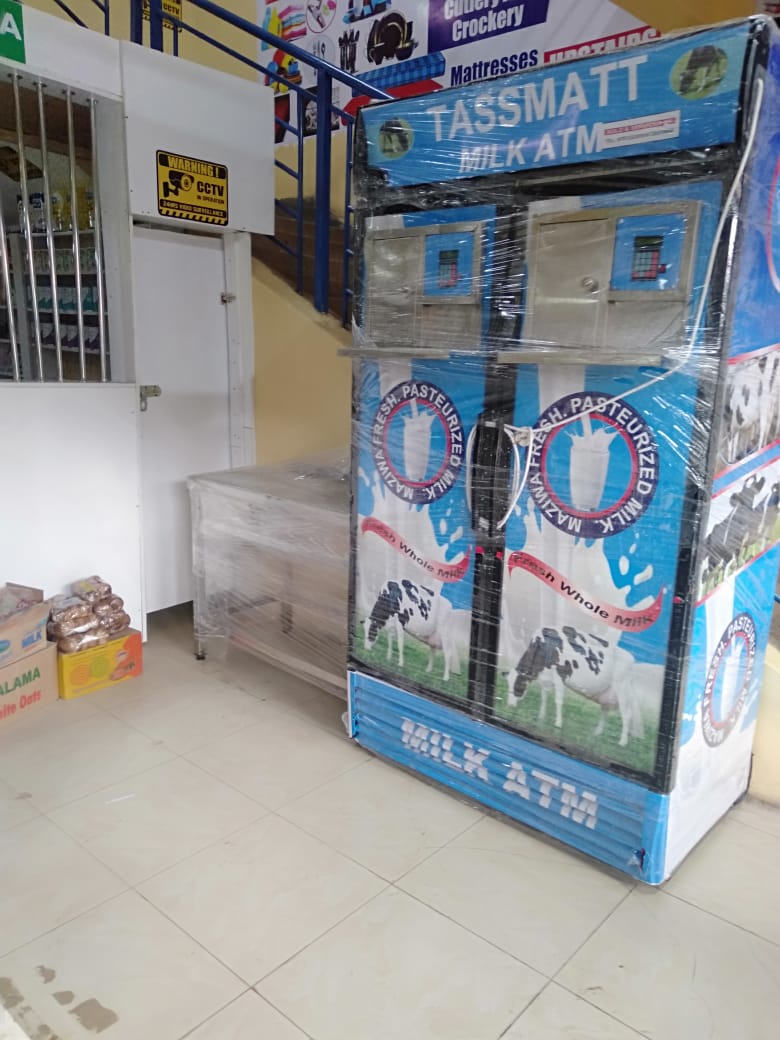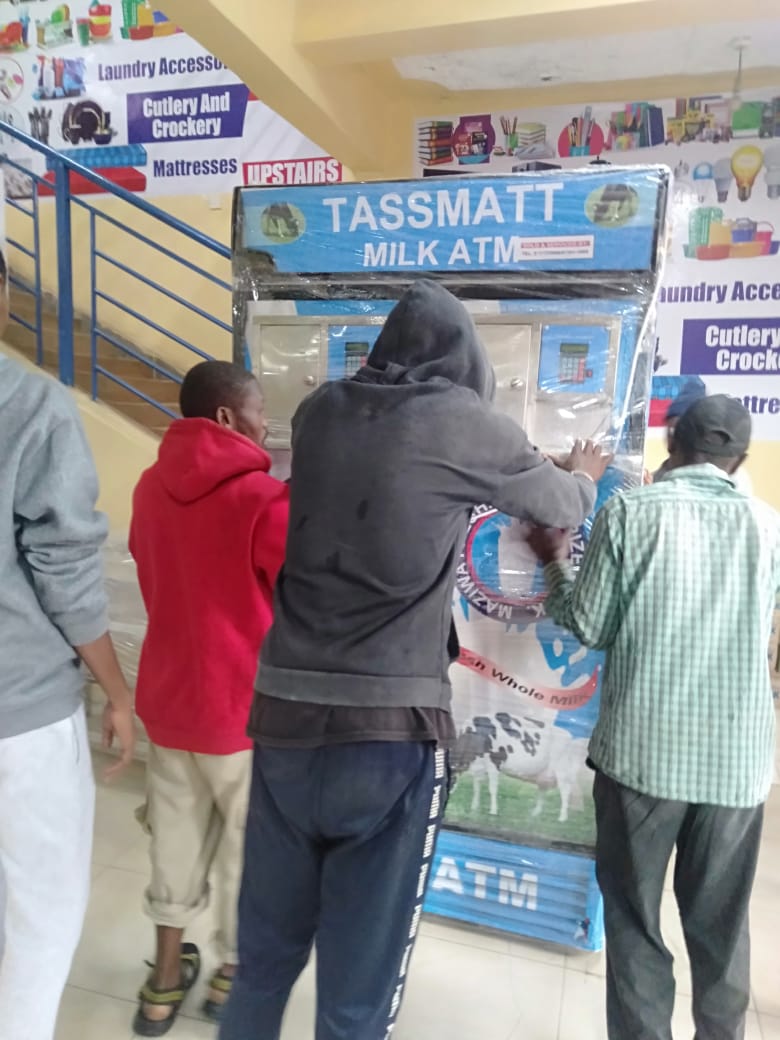The Milk Business in Kenya: A Journey from Small Beginnings to Expansive Growth
The dairy industry in Kenya has been experiencing a significant transformation over the years. The advent of technology and innovative solutions has made it possible for entrepreneurs to venture into this business and achieve success. One of the key drivers of this business is the use of milk vending ATM machines, milk pasteurizers, and milk cooler machines.
Kenya’s vibrant dairy sector is a cornerstone of the nation’s economy, providing a livelihood for countless farmers and ensuring a vital source of nutrition for families. But with a growing population and a rising demand for safe, high-quality milk, the industry needs innovative solutions to bridge the gap between farm and table. This is where milk vending ATMs, pasteurizers, and coolers are playing a game-changing role.
Imagine a world where access to fresh, affordable milk is no longer a daily struggle. Milk ATMs, essentially vending machines for chilled milk, are making this a reality across Kenya. These user-friendly machines dispense hygienically packaged milk directly from a refrigerated storage tank, ensuring its quality and extending its shelf life. Gone are the days of unreliable suppliers and inconsistent quality. Milk ATMs offer convenience for consumers and a reliable market for dairy farmers.
But what about the quality of the milk itself? Here’s where pasteurizers step in. Pasteurization is a heat treatment process that eliminates harmful bacteria from raw milk, making it safe for consumption. By investing in a pasteurizer, even small-scale dairy farmers can extend their reach and tap into a wider market. Pasteurized milk fetches a higher price, creating a win-win situation for both producers and consumers.
The final piece of the puzzle? Milk cooler machines. Fresh milk is highly perishable, and maintaining a cool storage temperature is crucial. Milk cooler machines ensure that milk stays fresh from farm to ATM, preserving its taste and nutritional value. This not only reduces spoilage but also allows farmers to collect and store milk for longer periods, giving them more flexibility in selling their produce.
The beauty of this revolution lies in its accessibility. Starting a milk ATM business doesn’t require a massive investment. Companies like Tassmatt offer milk ATMs, making it possible to enter the market with a single machine in a high-traffic location. As your business flourishes, you can expand by incorporating pasteurizers and coolers, creating a vertically integrated mini-dairy operation.
Milk Vending ATM Machines: Redefining Convenience
One of the most notable developments in the Kenyan milk industry is the widespread adoption of milk vending ATM machines. These machines provide consumers with convenient access to fresh milk 24/7, allowing them to purchase the exact amount they need at any time of the day.

Companies like Tassmatt.com have been at the forefront of this innovation, supplying milk ATM machines to various locations across the country. These machines not only benefit consumers by offering a hassle-free way to buy milk but also provide an excellent business opportunity for entrepreneurs.
Starting a milk business with a milk ATM machine is relatively straightforward. Entrepreneurs can partner with companies like Tassmatt.com to install the machine at a strategic location, such as a busy market or residential area. With minimal maintenance and operational costs, the initial investment can quickly be recouped, making it an attractive option for small-scale entrepreneurs.
Milk Pasteurizers: Ensuring Quality and Safety
Pasteurization is a crucial step in the milk processing chain as it helps to eliminate harmful bacteria while preserving the nutritional value of the milk. In Kenya, the demand for pasteurized milk has been steadily increasing due to growing concerns about food safety and hygiene.

Milk pasteurizers play a vital role in meeting this demand by ensuring that milk is safe for consumption. These machines heat the milk to a specific temperature to kill off any harmful pathogens, extending its shelf life and maintaining its quality.
For entrepreneurs looking to start a milk processing business, investing in a pasteurizer is essential. While the initial cost may be higher compared to a milk vending ATM machine, the long-term benefits are significant. Pasteurized milk commands a higher price in the market, and consumers are willing to pay a premium for the assurance of safety and quality.
Milk Coolers: Preserving Freshness
Maintaining the freshness of milk is paramount in the dairy business. Milk coolers play a crucial role in preserving the quality of milk from the farm to the consumer. These machines keep the milk at the optimal temperature, preventing bacterial growth and spoilage.

In Kenya, where temperatures can soar, milk coolers are indispensable for dairy farmers and processors. By investing in a milk cooler, entrepreneurs can ensure that their products remain fresh and appealing to consumers, thus building a loyal customer base.
Starting small with just a milk ATM machine supplied by companies like Tassmatt.com is an excellent entry point into the milk business. As the business grows, entrepreneurs can consider expanding their operations by investing in milk pasteurizers and coolers to offer a wider range of products and services.
Tasssmatt Limited: Your Partner in Kenya’s Milk Revolution
As we explored, milk ATMs, pasteurizers, and coolers are the driving force behind Kenya’s modern dairy industry. But where do you find these innovative solutions? Look no further than Tassmatt Limited, a Kenyan company at the forefront of this exciting transformation.
Tassmatt isn’t just a supplier; they’re a partner in your entrepreneurial journey. Their expertise lies in designing, manufacturing, and distributing high-quality milk ATMs that meet the Kenya Bureau of Standards (KEBS) requirements. This ensures you’re not only offering a convenient service but also providing milk that adheres to the strictest safety standards.
Their ATMs boast features like temperature control, vital for maintaining milk freshness. Additionally, digital payment options like M-Pesa integration ensure seamless transactions for your customers. This user-friendly approach makes milk ATMs accessible to a wider audience, fostering financial inclusion within your community.
But Tassmatt’s commitment goes beyond the machines themselves. They understand the intricacies of the dairy business and offer additional resources to empower their clients. Their website provides valuable information on starting and running a milk ATM business, from choosing the right location to marketing strategies.
Furthermore, Tassmatt offers after-sales support to ensure your ATM runs smoothly. Their team is readily available to address any technical issues, minimizing downtime and maximizing your earning potential.
Remember, starting small is a perfectly viable option. Begin your venture with a single Tassmatt milk ATM in a strategic location with high foot traffic. As your business grows, consider incorporating Tassmatt’s milk coolers to extend your milk’s shelf life and potentially add pasteurizers to explore the lucrative market for pasteurized milk.
Tassmatt empowers you to build your business incrementally, providing the tools and support you need to succeed at every stage. With their commitment to quality, innovation, and client success, Tassmatt Limited is your ideal partner in revolutionizing Kenya’s dairy landscape. So, embrace the opportunity, and embark on your entrepreneurial journey with Tassmatt by your side!
Take Away
The milk business in Kenya is undergoing a profound transformation, driven by technological advancements and changing consumer preferences. Milk vending ATM machines, pasteurizers, and coolers are key drivers of this transformation, offering entrepreneurs opportunities to enter the market and thrive.
By starting small with a milk ATM machine and gradually expanding their operations, entrepreneurs can build successful dairy businesses that cater to the growing demand for safe and high-quality milk products in Kenya. With the right strategies and investments, the future of the milk business in Kenya looks promising, both for entrepreneurs and consumers alike.

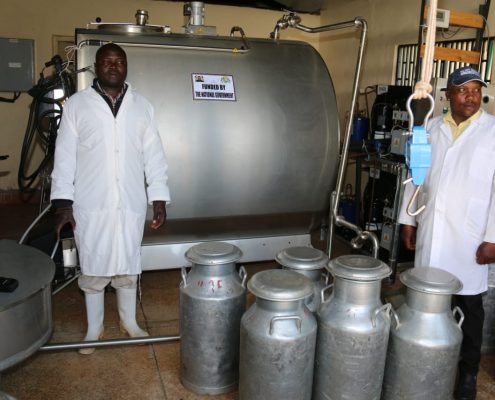
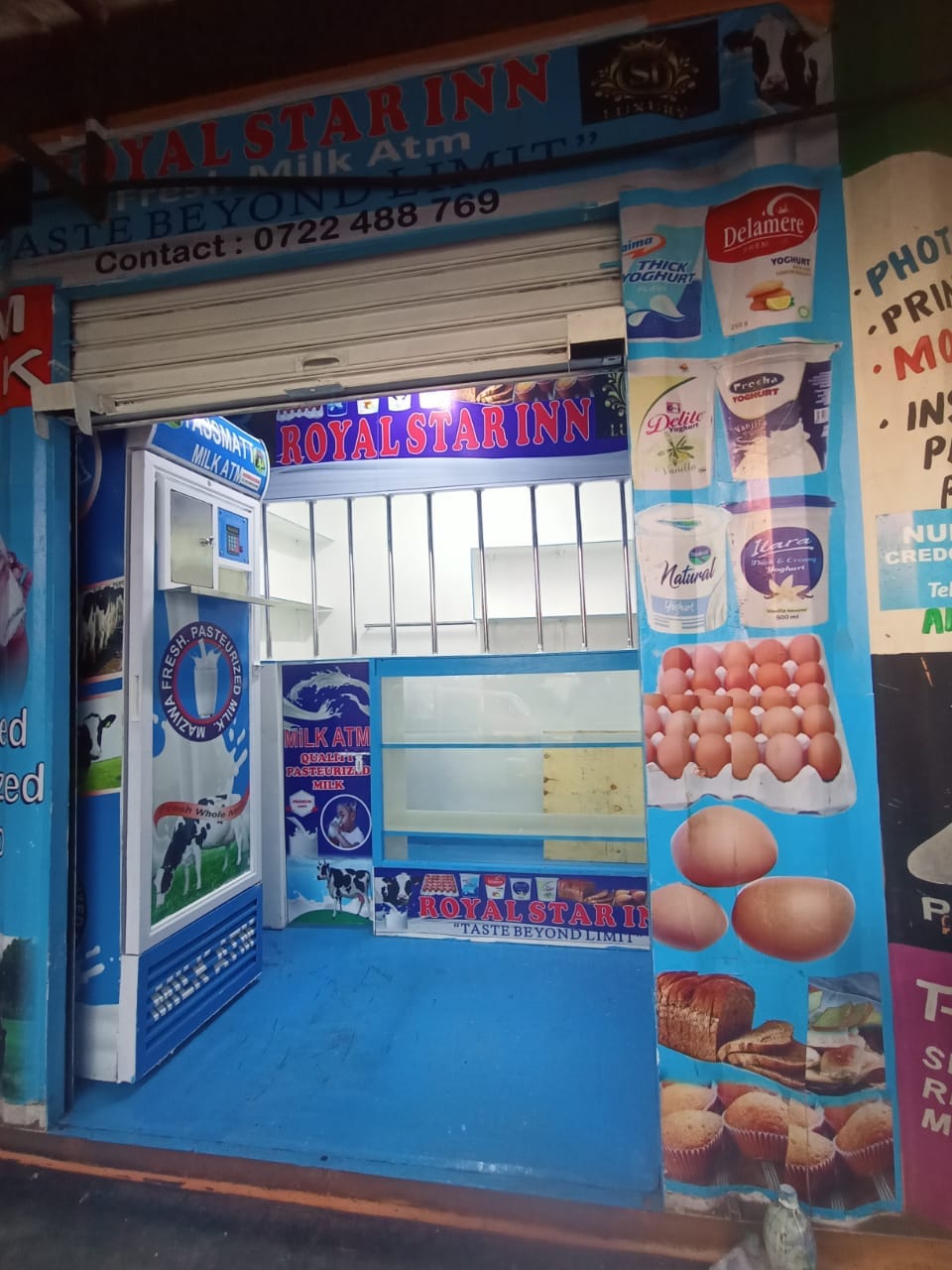
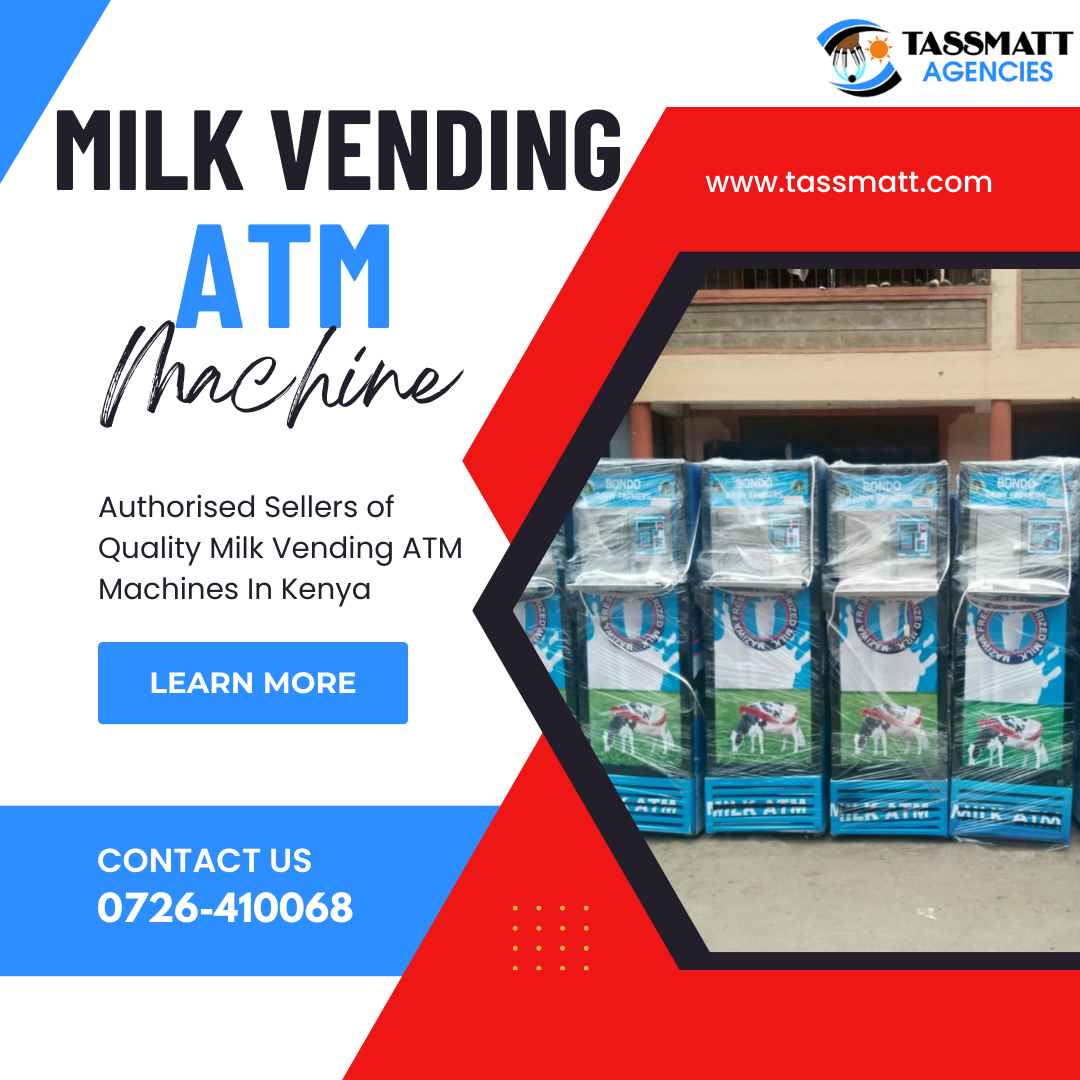

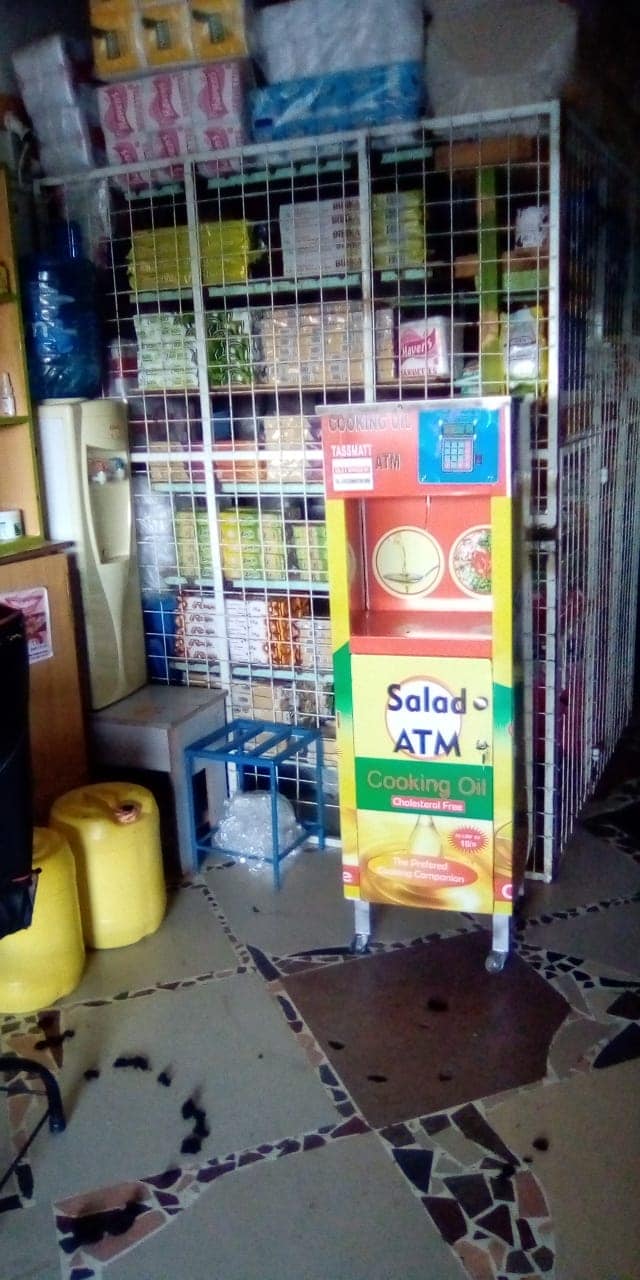

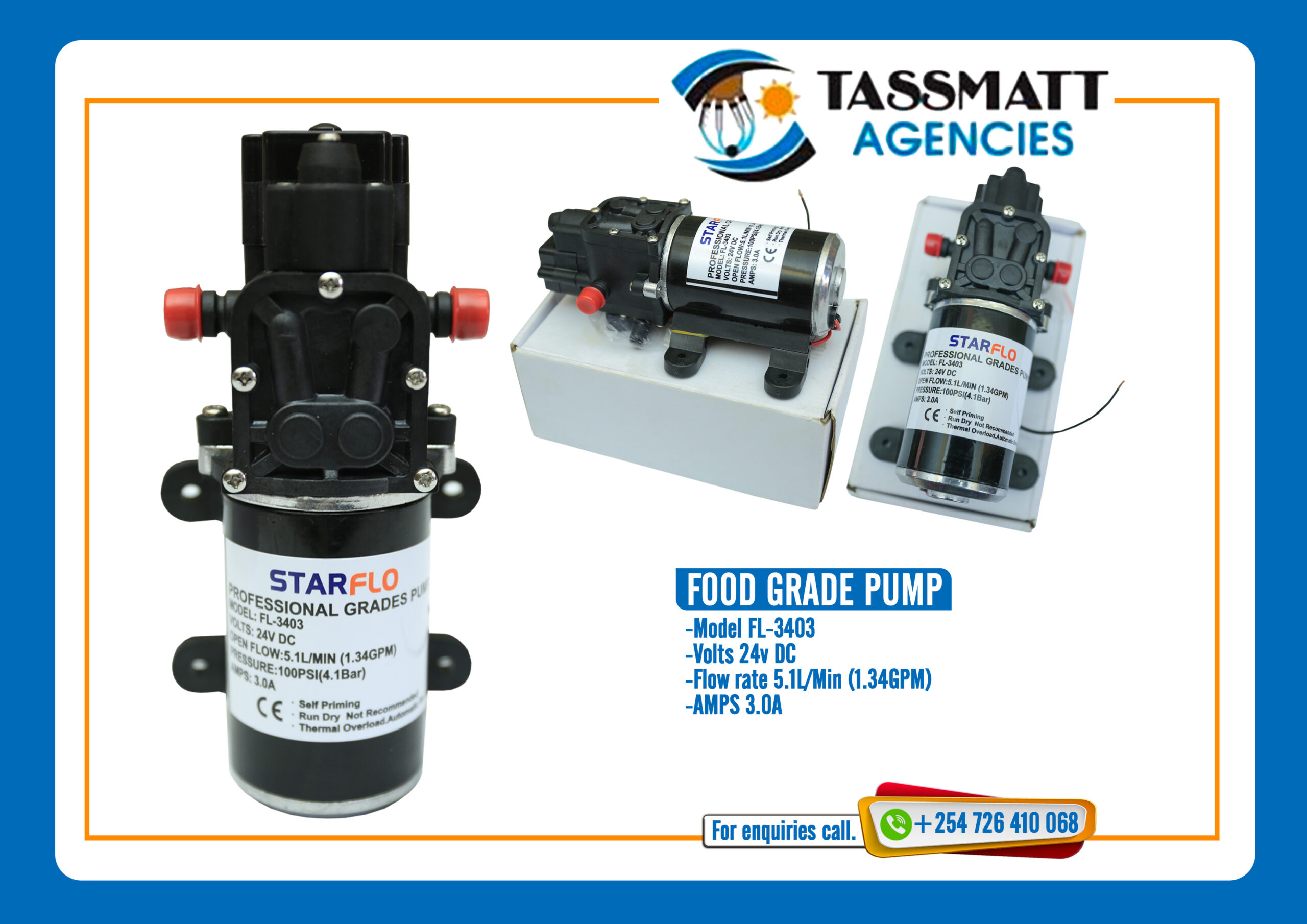
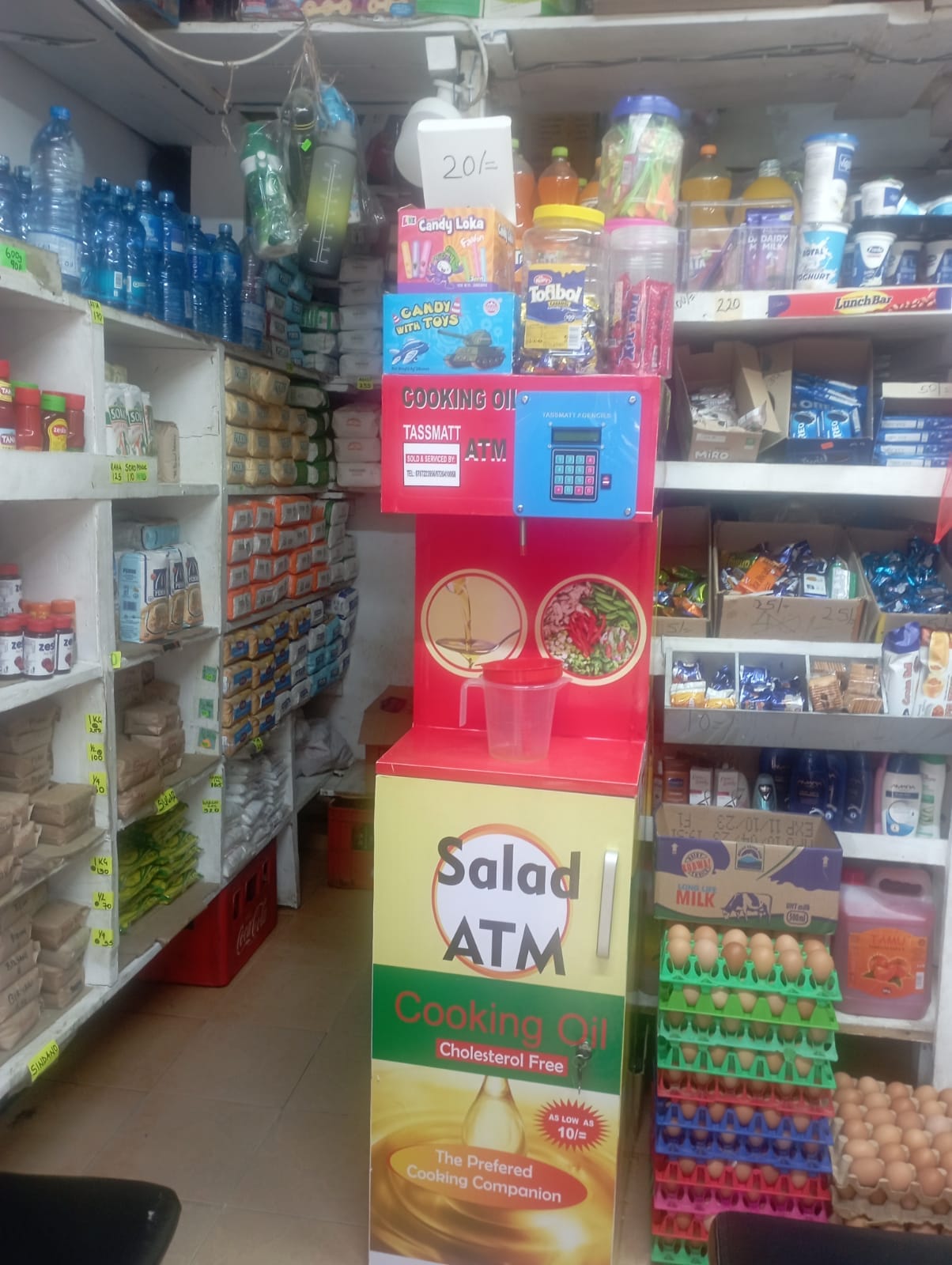
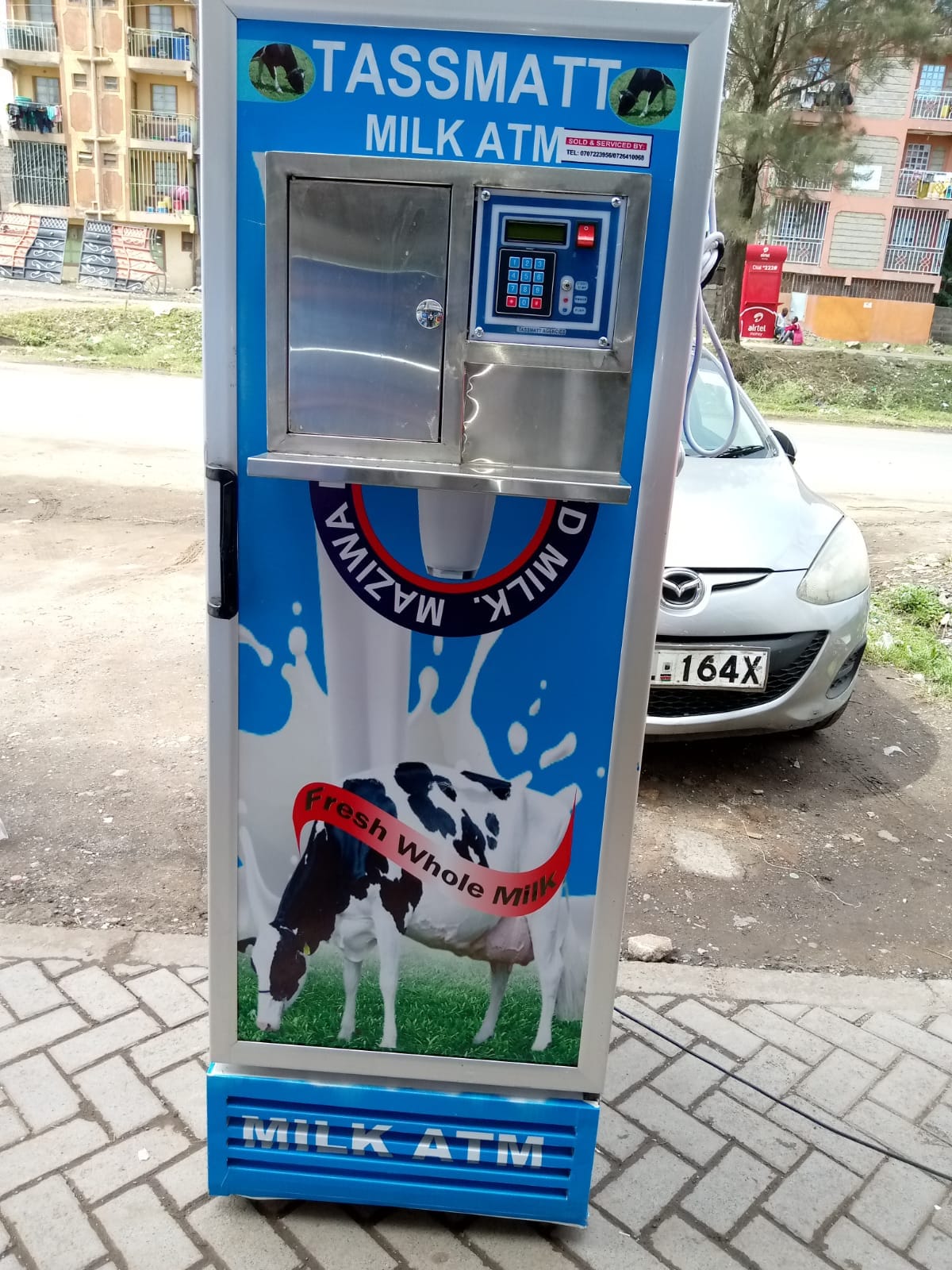
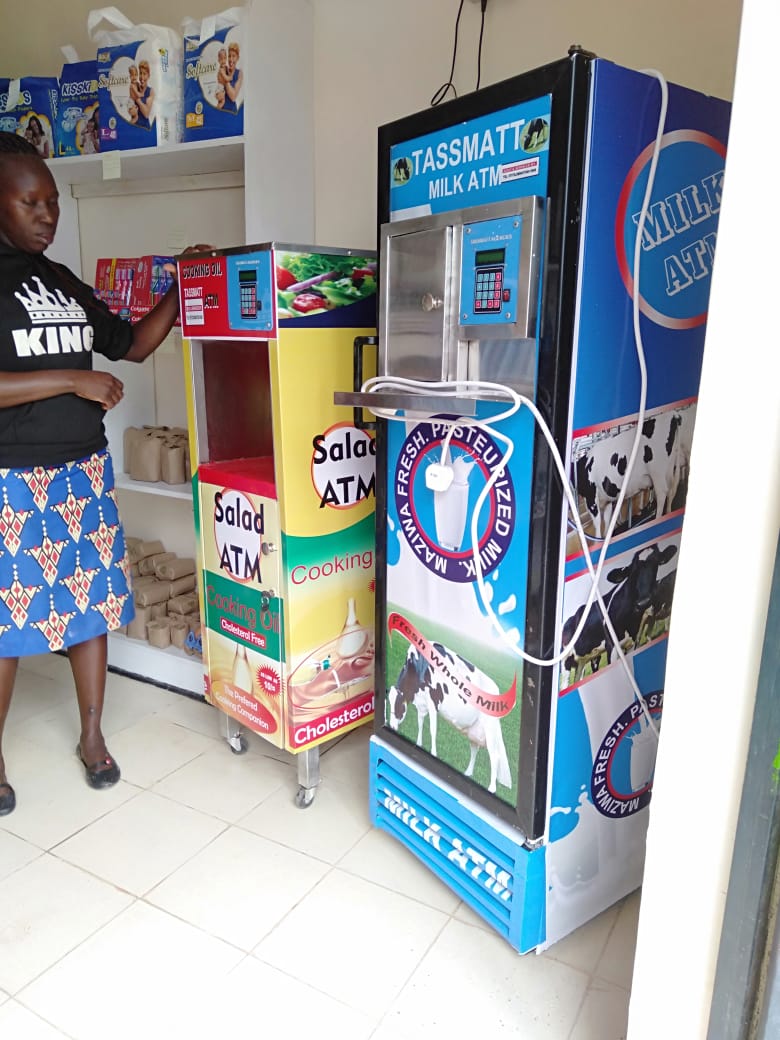
 to discuss your needs and initiate the ordering process.
to discuss your needs and initiate the ordering process.